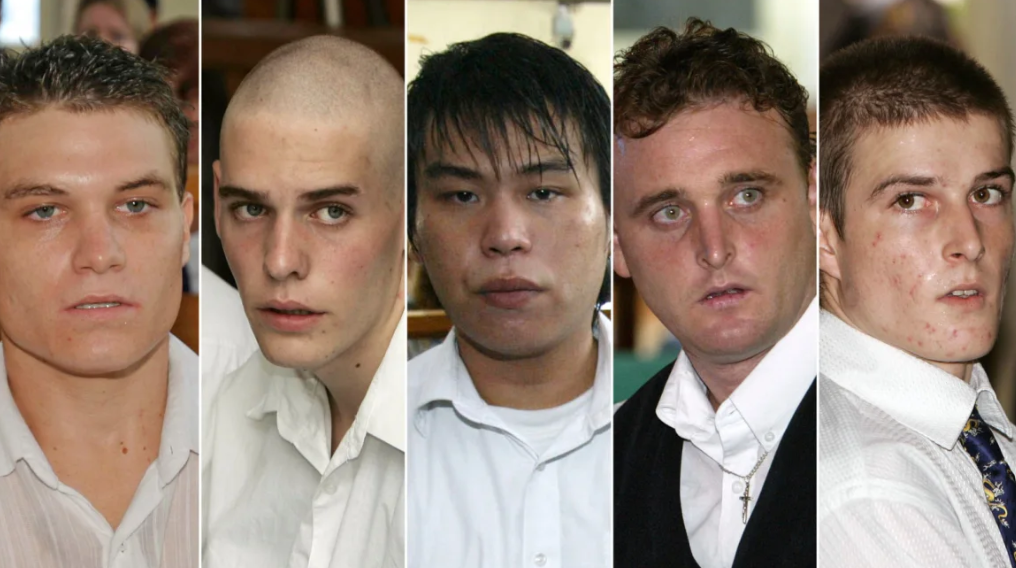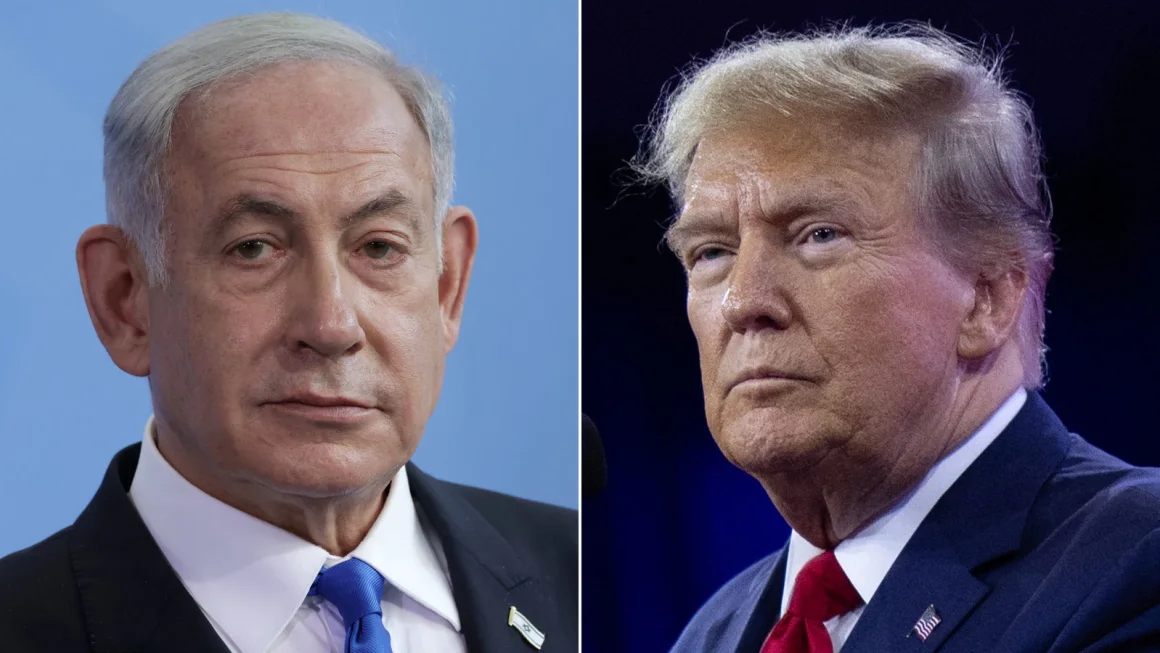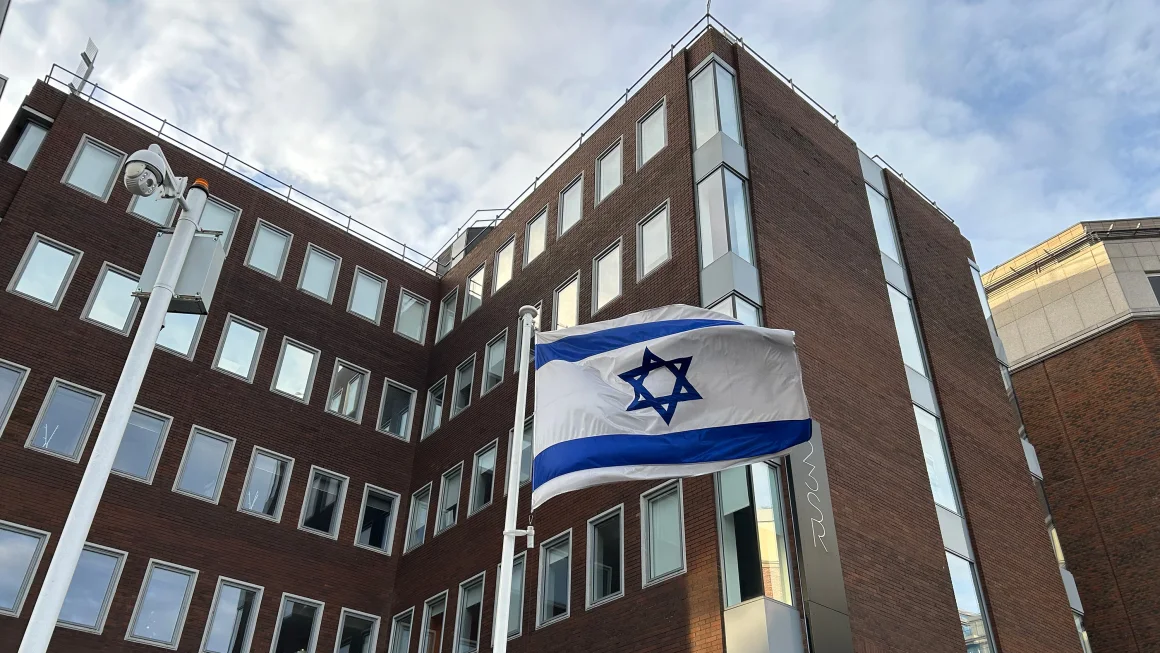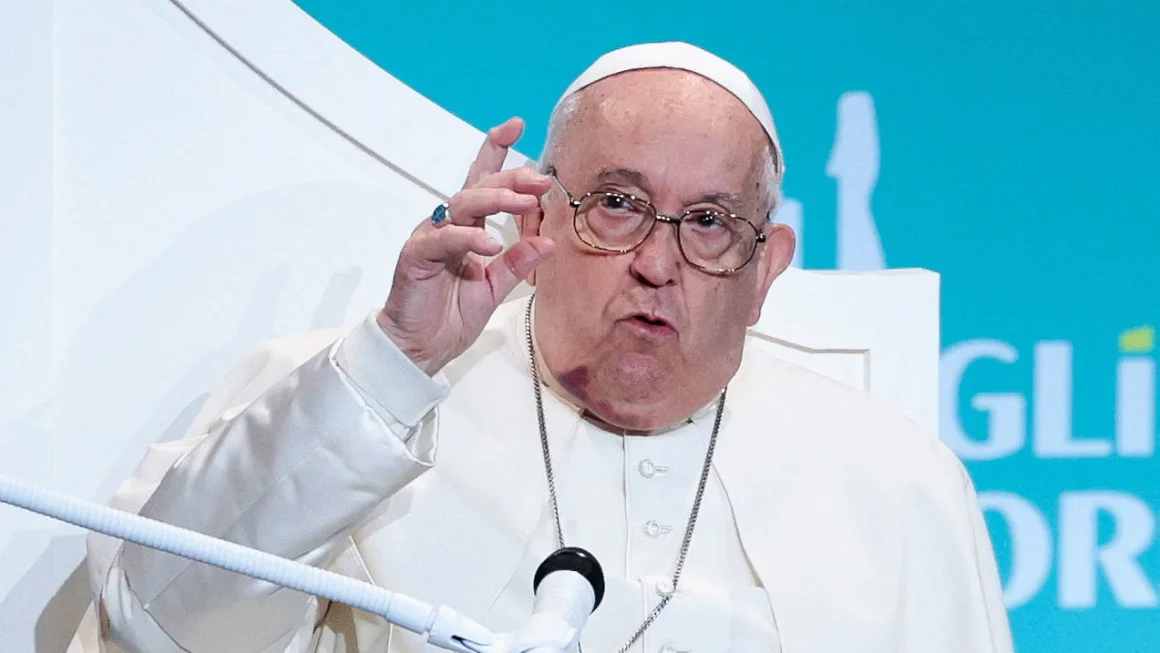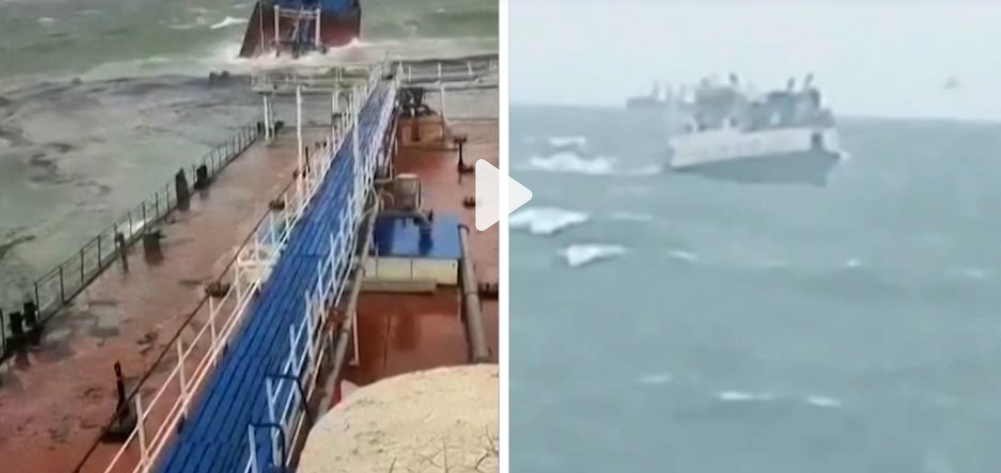The remaining five Australians from the infamous “Bali Nine” drug gang are “relieved and happy” to be home after Canberra struck a deal with Jakarta to end their two decades of imprisonment.
The five, who were serving life sentences, belong to a wider group of nine who were caught attempting to smuggle more than 8 kilograms (17.6 pounds) of heroin out of Bali’s international airport and into Australia in 2005. They were freed and sent home on Sunday.
“I am pleased to confirm that Australian citizens, Si Yi Chen, Michael Czugaj, Matthew Norman, Scott Rush and Martin Stephens have returned to Australia this afternoon,” Australian Prime Minister Anthony Albanese wrote on X on Sunday.
In a statement, the five men and their families said they were “immensely grateful” to the Indonesian president and his government for their release. They also thanked their friends and lawyers, as well as the Australian authorities.
“The five men are relieved and happy to be back in Australia. They look forward, in time, to reintegrating back into and contributing to society,” it said.
The botched plot has long been a point of tension between the two countries with the Australian government advocating for their return for decades.
Indonesia executed the group’s two Australian ringleaders Andrew Chan and Myuran Sukumaran in 2015, prompting then Australian Prime Minister Tony Abbott to call it “a dark moment in the relationship.”
Last month, Albanese raised the men’s case to Indonesia’s newly sworn in President Prabowo Subianto on the sidelines of the APEC Summit in Peru, Reuters reported. Indonesia’s Law Minister had confirmed at the time that it had agreed to return the remaining men, the agency said.
“I thank President Prabowo Subianto for his compassion,” Albanese wrote on X on Sunday.
The five members are now set to be free, Nine News reported.
In a separate joint statement with Albanese and Home Affairs Minister Tony Burke on Sunday, Foreign Minister Penny Wong said, “The men will have the opportunity to continue their personal rehabilitation and reintegration in Australia.”
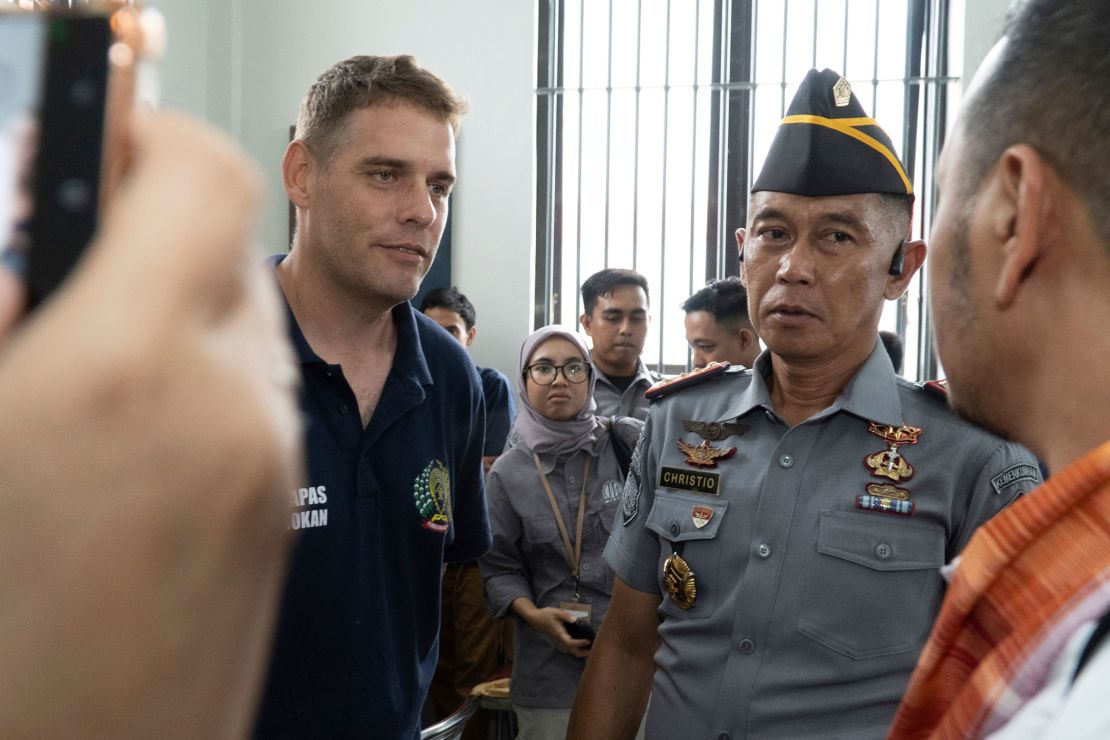
The Bali Nine were arrested in 2005 by Indonesian police following a tip from Australian authorities.
Four of them were arrested at Denpasar International Airport with over 8 kilograms of heroin strapped to their bodies, while another four were found at a hotel on the island of Kuta. Chan, one of the ringleaders, was captured after boarding a plane to Sydney.
Chan and Sukumaran were sentenced to death while the other seven were eventually handed a life sentence after an appeal.
The only female member of the group, Renae Lawrence, was freed in 2018 after serving 13 years of her 20-year sentence. Lawrence had initially been sentenced to life in prison, but later her punishment was commuted to 20 years and she was released early on good behavior.
Another member, Tan Duc Thanh Nguyen, died of kidney cancer in 2018 while in custody, Nine News reported.
The case of the Bali Nine highlighted the strict laws on drug trafficking in Indonesia, where several foreigners are currently detained on similar charges.
